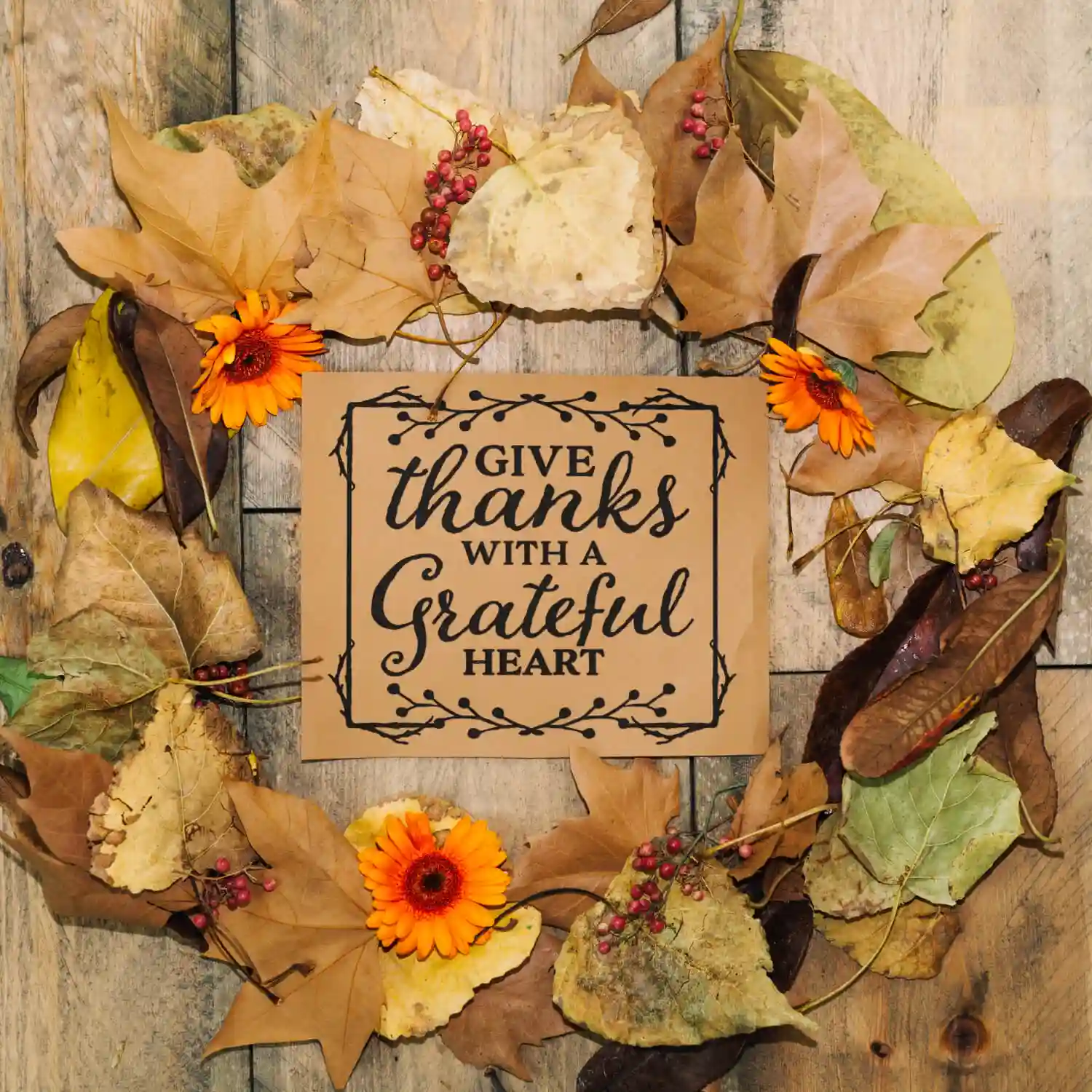Most seniors juggle between 5-8 prescription medications daily, not counting vitamins and supplements. Behind each bottle lies a story – medication for the arthritis that makes opening those very bottles difficult, pills for the high blood pressure that came after decades of working too hard to provide for family, supplements recommended after that fall last winter. This daily medication puzzle isn't just about health – it's about dignity, independence, and peace of mind for both seniors and their loved ones. Effective medication management for seniors matters deeply.
Why Seniors Face Unique Medication Challenges
Medication management for seniors presents specific hurdles that younger adults rarely encounter. Many older adults struggle with smaller pill sizes that become difficult to handle with arthritic fingers. Medication labels with tiny print pose reading challenges even with glasses. Memory lapses might lead to missed doses or accidental double-dosing.
Beyond physical limitations, the risk of drug interactions rises dramatically with each additional medication, highlighting the critical need for robust senior medication safety practices. Many seniors take prescriptions from different specialists who may not communicate with each other. This lack of coordination increases the chance of dangerous medication combinations.
Limited incomes frequently force tough choices between medications and other necessities. The price of prescriptions continues to climb, putting proper medication adherence at risk for many older adults.
Setting Up Effective Medication Systems
Creating reliable medication management systems for seniors marks the difference between therapeutic success and dangerous mistakes. Proper organization removes guesswork and builds confidence for both seniors and caregivers.
Daily Pill Organizers
Pill organizers have evolved far beyond simple seven-day boxes. When selecting an organizer, consider:
- Size matters: Large compartments accommodate multiple pills without spilling
- Color coding: Different colors for morning, afternoon, and evening doses reduce confusion
- Lock options: Some organizers feature childproof locks to prevent accidental access by visiting grandchildren
- Portability factors: Choose travel-sized containers for active seniors
For maximum effectiveness, select organizers with compartments large enough to handle all daily medications comfortably. Clear plastic allows quick visual confirmation that medications have been taken. Monthly pill organizers work well for organizing medications for the elderly who prefer setting up medications less frequently. These larger systems typically hold a full 31 days of medications, often with multiple daily doses per day.
Digital Solutions
Technology offers powerful tools for elderly medication management:
- Medication reminder apps: Applications like Medisafe or Care Zone send alerts when it's time to take medications
- Smart pill dispensers: Automated devices like Hero or MedMinder dispense pre-sorted medications at programmed times
- Talking pill bottles: These special containers announce medication names and instructions when opened
- Smartwatch reminders: Wearable technology provides gentle alerts throughout the day
When introducing digital solutions, start simple. Allow plenty of time for practice before relying exclusively on electronic reminders. Backup systems help during power outages or technical difficulties. For seniors with hearing impairments, select devices featuring strong vibration alerts or visual signals like flashing lights rather than audible alarms.
Physical Medication Lists
Paper medication lists remain valuable tools, especially during emergencies when digital access might be unavailable:
What to include:
- Medication names (both brand and generic)
- Dosage amounts
- Specific timing instructions
- Purpose of each medication
- Prescribing doctor's name
- Pharmacy contact information
- Known drug allergies prominently displayed
Format considerations:
- Large, readable font (minimum 14 point)
- High contrast printing (black text on white background)
- Lamination for durability
- Multiple copies (refrigerator, wallet, bedside)
Update these medication lists immediately when prescriptions change. Date each version clearly to avoid confusion during medical appointments.
Strategic Storage Solutions
Where and how medications are stored significantly impact safety and effectiveness:
- Kitchen organization: Keep daily medications away from heat sources like stoves or sunny windows
- Bathroom cautions: Despite popularity, bathroom medicine cabinets often expose medications to damaging humidity
- Refrigerated medications: Use special colored containers for refrigerated items to distinguish them from regular medications
- Safety vs. accessibility: Balance easy access for seniors against household safety when children visit
Dedicate a specific location for medication storage rather than keeping pills in multiple rooms. This centralized approach prevents duplicated doses and makes medication checks easier. Clear, consistent labeling helps seniors quickly identify medications. For those with vision limitations, use tactile markers like rubber bands or textured stickers to distinguish between similar-looking bottles.
Family Collaboration Systems
Family involvement strengthens medication management while preserving senior independence:
- Medication calendars: Shared calendars (either paper or digital) allow family members to verify medication adherence
- Refill monitoring: Assign specific family members to track when prescriptions need renewal
- Video check-ins: Brief video calls during medication times provide gentle accountability
- Coordinated doctor visits: Family attendance at medical appointments ensures accurate medication information
Regular family medication reviews catch potential problems early. Schedule quarterly "medication checkups" where family members review all current prescriptions, checking expiration dates and proper storage conditions.
Building Consistency Through Routines
Consistent routines dramatically improve medication adherence:
- Time anchoring: Link medication times to daily activities like meals or brushing teeth
- Visual cues: Place subtle reminders like empty pill boxes near toothbrushes or coffee makers
- Morning setups: Prepare each day's medications during morning routines when mental clarity is highest
- Backup alarms: Set secondary reminders 30 minutes after scheduled medication times
Allow extra time for medication routines rather than rushing through pill-taking. This careful approach reduces stress and prevents mistakes during hurried moments.
Professional Pharmacy Services
Many pharmacies offer specialized services designed specifically for senior medication management:
- Blister packing: Medications pre-sorted into dated, sealed packages
- Automatic refill programs: Prescriptions filled without requiring senior initiation
- Medication synchronization: All monthly medications refilled on the same day
- Home delivery options: Medications delivered directly to seniors' homes
- Medication therapy management: Pharmacist reviews of complete medication profiles
These professional services provide another layer of oversight while maintaining independence. Many seniors find the mental relief worth any additional costs these specialized services might carry.
Preventing Common Medication Errors
Clear medication lists serve as the foundation for preventing dangerous mistakes. These comprehensive records should track every prescription, over-the-counter medicine, supplement, and vitamin. Bring updated lists to all healthcare appointments, enabling providers to spot potential conflicts.
Before taking new prescriptions, ask pharmacists about potential side effects or interactions with existing medications. They can provide guidance on proper administration, such as whether pills should be taken with food or on an empty stomach.
Understanding basic medication effects helps seniors recognize when something might be wrong. Sudden changes in energy, appetite, or balance could signal medication side effects requiring medical attention.
For seniors nearing the end of life, special considerations apply to medication management. Families should understand the Medication Protocol, which addresses comfort and dignity during this sensitive time.
Simplifying Complex Medication Regimens
Regular medication reviews with healthcare providers identify opportunities to simplify prescriptions, making managing medication easier. Timing adjustments can dramatically reduce pill burden. Some medications previously prescribed for multiple daily doses might now be available in extended-release formats that require just one daily dose.
Certain medications require precise timing for effectiveness. Blood pressure medications, thyroid replacements, and Parkinson's treatments often work best when taken at specific times. Create special alerts for these time-sensitive medications.
Professional support through senior medication assistance programs provides access to specialized equipment and guidance when medication regimens become overwhelming.
Tools and Resources for Medication Safety
Beyond family help, many communities offer medication management assistance through senior centers, religious organizations, and volunteer groups. Technology continues advancing, offering increasingly sophisticated senior medication reminder solutions. Some newer devices connect directly with pharmacies and doctors, reporting missed doses when patterns suggest medication adherence problems.
Many pharmacies now offer specialized packaging options like single-dose packets clearly marked with date and time information. These professional systems eliminate sorting tasks while ensuring accuracy. Professional medication management services become appropriate when seniors consistently struggle with medication adherence despite simpler interventions. Signs that additional help might be needed include:
- Finding untaken pills regularly
- Running out of medications too quickly
- Increasing confusion about medication purposes
- Multiple hospitalization events related to medication errors
Medication Management as a Wellness Pillar
Effective medication management combines thoughtful systems with regular monitoring. The best approaches adapt as needs change, providing just enough support while maintaining independence whenever possible. Regular system reviews ensure that medication management strategies continue meeting seniors' needs as their health situation evolves. Small adjustments prevent minor issues from becoming serious problems.
At LifeChoice, we believe medication management for seniors represents just one aspect of wellness. Our approach integrates medication support with physical activity guidance, nutrition counseling, and social connection programs – all working together to enhance quality of life for seniors. We're committed to helping seniors navigate these challenges while maintaining dignity, independence, and peace of mind.




.webp)












.webp)






